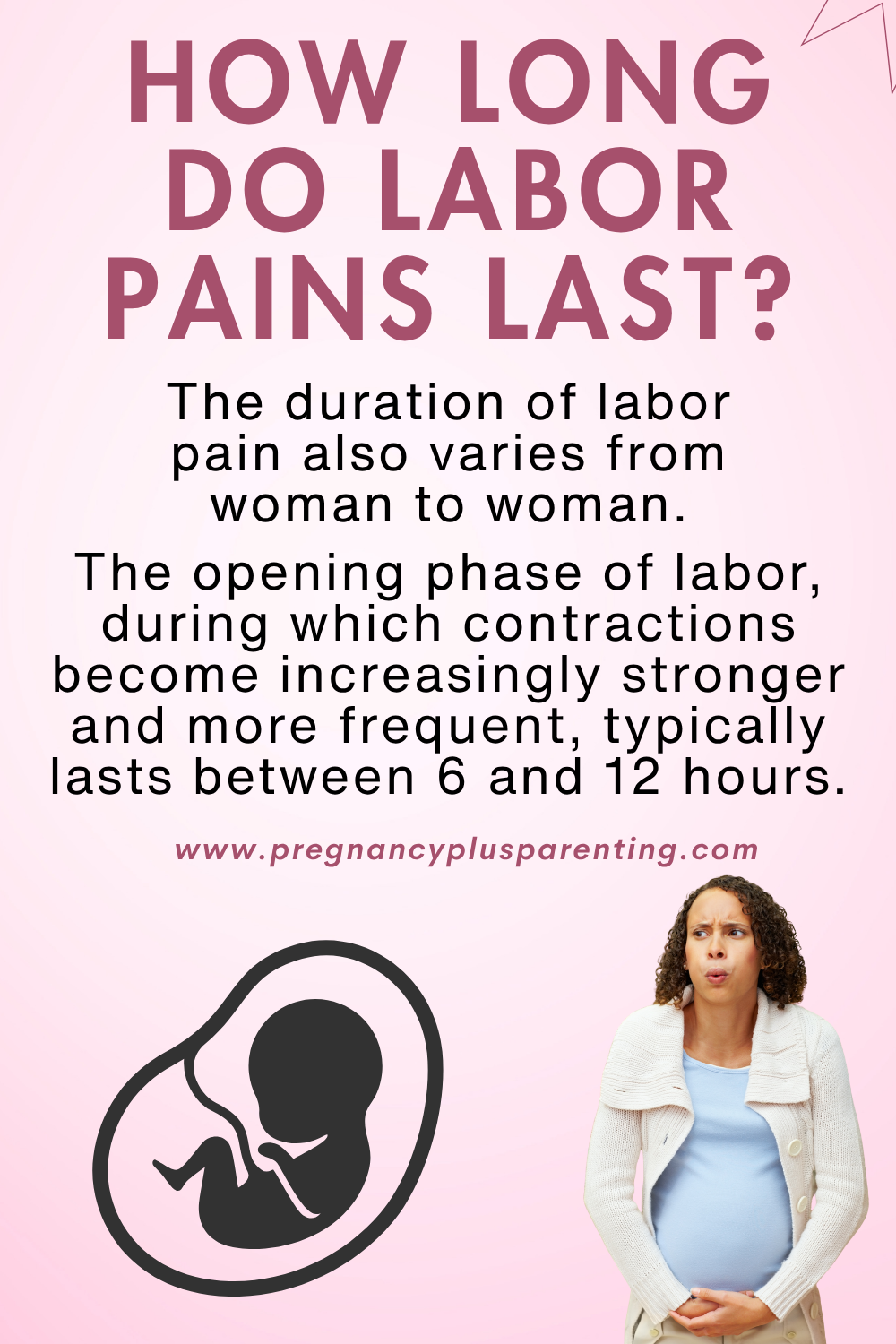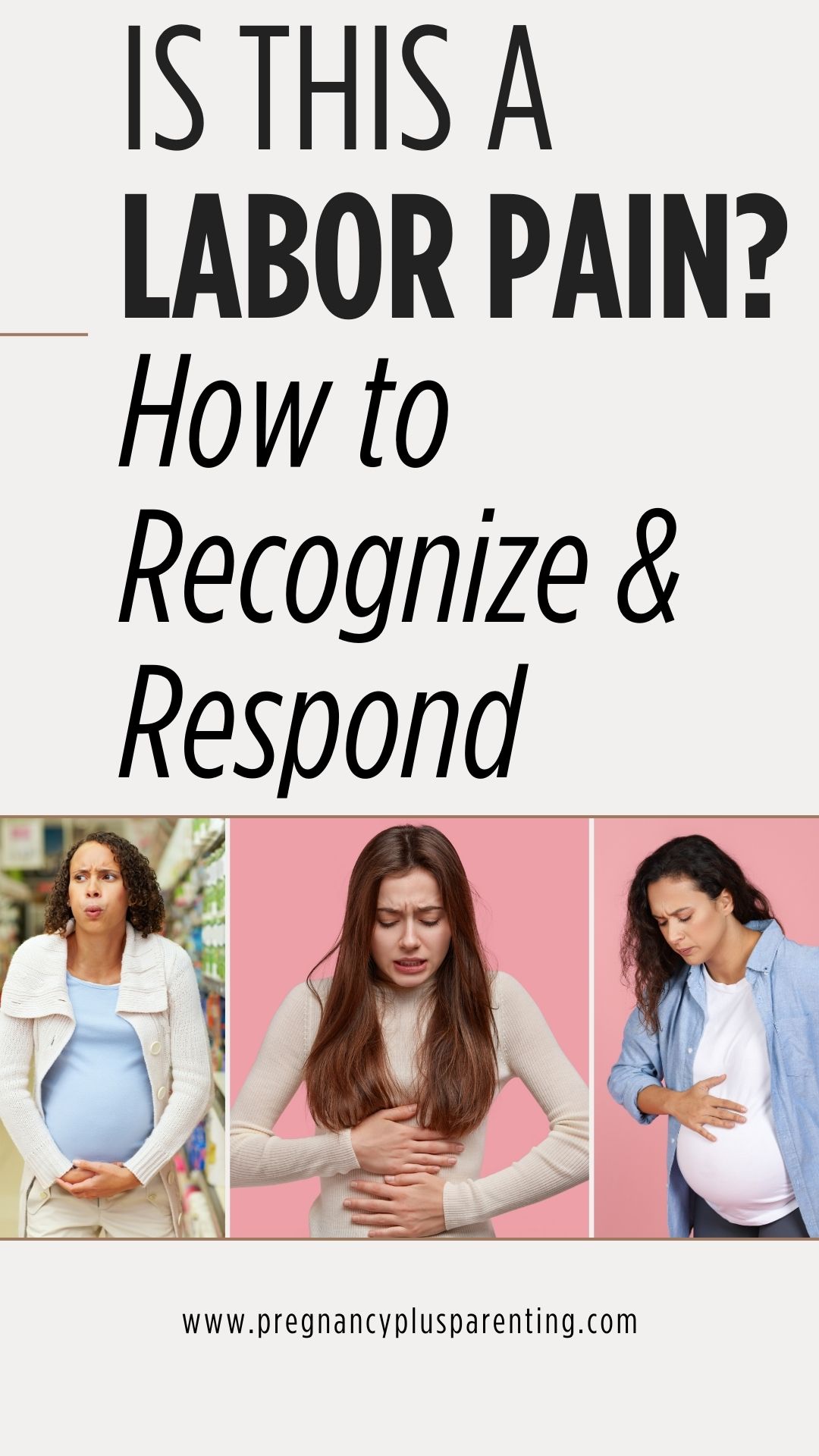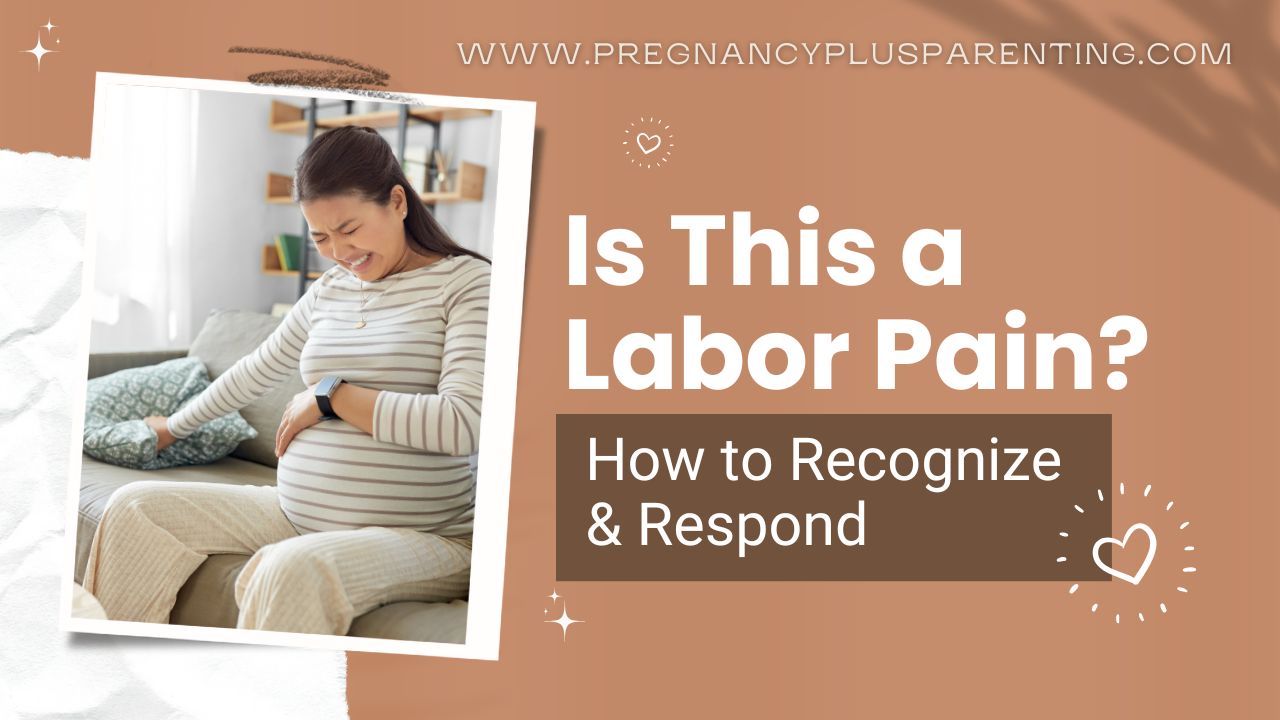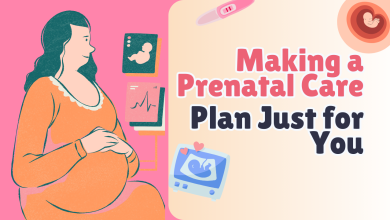Is This a Labor Pain? How to Recognize & Respond
Labor pains are a natural part of childbirth and are experienced as very painful by most women. However, they can also be seen as a sign that labor is imminent and that the baby will soon arrive.
There are several ways to relieve labor pain and make it more bearable. In this article, we’ll take a closer look at labor pain and give you some tips on how to cope with the pain.
What are labor pains?
Labor pain is pain experienced during childbirth. It occurs when the muscles of the uterus contract during labor, opening the cervix to allow the baby to be delivered.
These contractions are controlled by hormones and become stronger and more intense as labor progresses.
What causes labor pain?
The causes of labor pain are closely related to the birth process. Here are some of the most common factors that can cause labor pain:
- Uterine contractions : Labor pain is caused by uterine contractions, which aim to open the cervix and bring the baby through the birth canal.
- Stretching of the pelvic muscles : Stretching the muscles in the pelvic area to make room for the baby can also cause labor pain.
- Hormonal changes : During pregnancy and the birth process, the body produces various hormones that help trigger labor pain.
- Baby’s position : The baby’s position in the womb can also affect labor pain. Certain positions can increase pressure on the uterus and increase the intensity of contractions.
What do labor pains feel like?
Labor pain can feel different for every woman. Some women describe the pain as cramping and pulling, while others experience it as stabbing or pressing. The pain often radiates to the back or legs.
The intensity of the pain can vary greatly from woman to woman and also depends on the stage of labor.
How long do labor pains last?
The duration of labor pain also varies from woman to woman. The opening phase of labor, during which contractions become increasingly stronger and more frequent, typically lasts between 6 and 12 hours. The expulsion phase, during which the baby is pushed through the birth canal, usually lasts between 1 and 2 hours.

How can you relieve labor pain?
There are several ways to relieve labor pain. Here are some tips to help make the pain more bearable:
Breathing techniques
Relaxation and breathing techniques can help reduce the intensity of labor pain and relax the muscles.
Breathing exercises such as deep abdominal breathing, slow inhalation and exhalation, and other techniques can help relieve pain.
Hypnobirthing
Hypnobirthing is a method for natural pain relief during childbirth through a form of self-hypnosis. It involves maintaining control over your body and reducing pain through relaxation techniques and breathing exercises.
The method is based on the idea that fear of childbirth increases pain and that learning techniques to reduce this fear can lead to a more relaxed birth.
relaxation exercises
Relaxation exercises such as meditation, yoga or hypnosis can help relieve pain and facilitate the birth process.
Heat treatment
Heat can help relax muscles and relieve pain.
A hot water bottle, a warm towel, or a warm shower can help relieve labor pains.
acupuncture
Acupuncture is a popular method for preparing the body for labor. It involves stimulating specific points on the body with needles to regulate energy flow and relieve pain. Stimulation of the cervix can soften it, allowing it to dilate more quickly. Birth preparation acupuncture starting from the 36th week of pregnancy can help shorten the duration of labor.
The good thing about acupuncture is that it poses no risks to the baby or the mother. Acupuncture is usually offered in hospitals, midwifery practices, or even by some gynecologists. Therefore, those who prefer a natural birth should inquire about the possibility of acupuncture as a prenatal treatment and seek professional advice.
massage
A gentle massage of the back, neck or abdomen can help relieve labor pain and relax muscles.
Movement
Exercise can help reduce pain and ease the labor process. Light exercise such as walking, yoga, or stretching can help loosen muscles and reduce pain.
Transcutaneous electrical nerve stimulation (TENS)
Transcutaneous electrical nerve stimulation (TENS) is a non-invasive pain therapy that can be used for various types of pain. It involves transmitting a small electrical current through electrodes on the skin to relieve pain.
The mechanism of action of TENS is based on the theory that electrical impulses block or at least reduce pain signals. Electrodes are placed at specific points on the body to direct nerve stimulation to the affected area.
TENS is often used for chronic pain, such as back pain, osteoarthritis, neuropathy, and fibromyalgia. TENS therapy can also be used for acute pain, such as during childbirth.
Pain medication
In some cases, pain medication may be necessary to relieve pain. It’s important to discuss options with your doctor and choose the most appropriate option for you and your baby.
PDA (epidural anesthesia)
Epidural anesthesia (EDA) is one of the most common methods of pain relief during labor. It involves injecting a local anesthetic into the area around the spinal cord to reduce pain during labor. It is usually administered by an anesthesiologist who inserts a fine needle into the back. The effects of the epidural begin within 20-30 minutes and last until the end of labor, if needed.
Although an epidural is a very effective method for pain relief, it also carries certain risks. For example, it can cause a drop in blood pressure, which can affect the baby. It is therefore important that both the pregnant woman and the baby are closely monitored during the epidural. Every woman should obtain extensive information beforehand and decide, in consultation with her doctor or midwife , whether an epidural is the right choice for her.
Pain relief during labor
Labor pains are a natural part of the birth process and occur when the muscles of the uterus contract during labor.
Although labor pain is unavoidable, there are several methods to reduce its intensity and make it more bearable. Relaxation and breathing techniques, heat therapy, massage, exercise, and relaxation exercises can all help relieve pain.
It is important to talk to your doctor to discuss the most appropriate methods for you and your baby.







